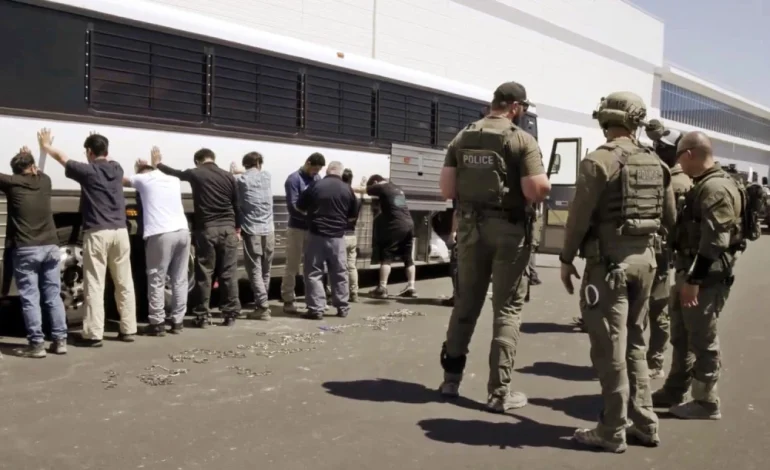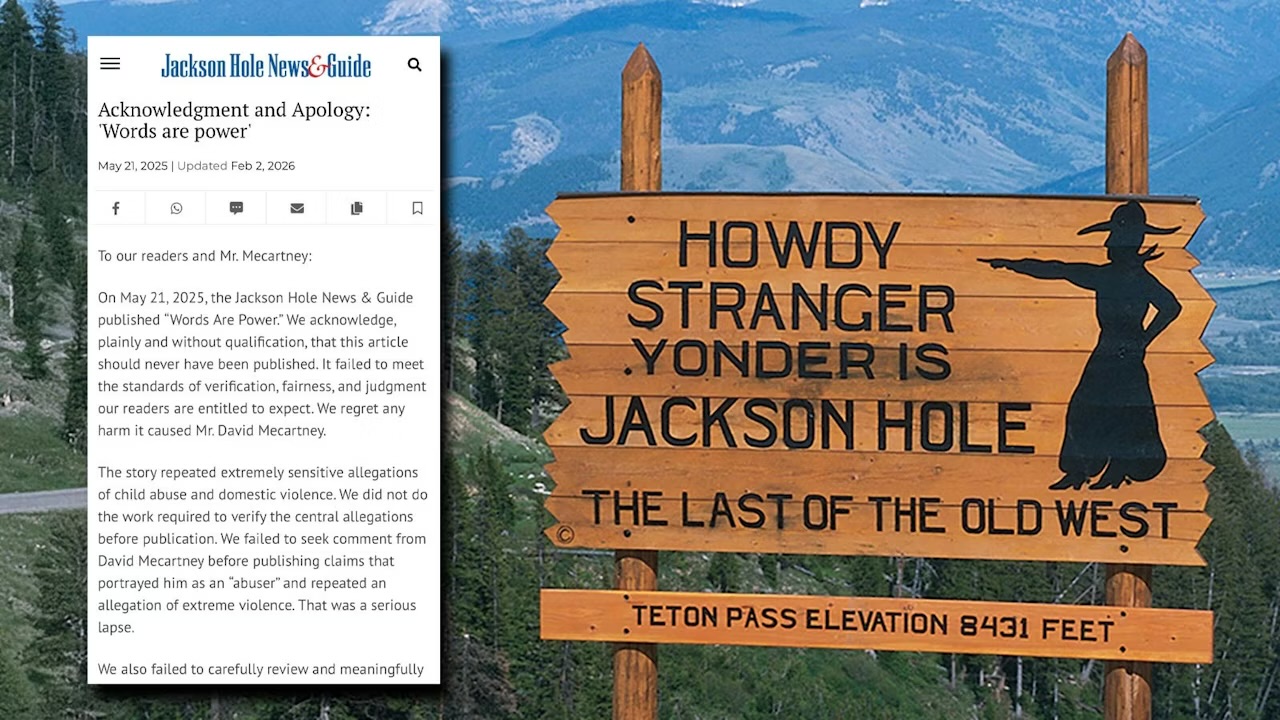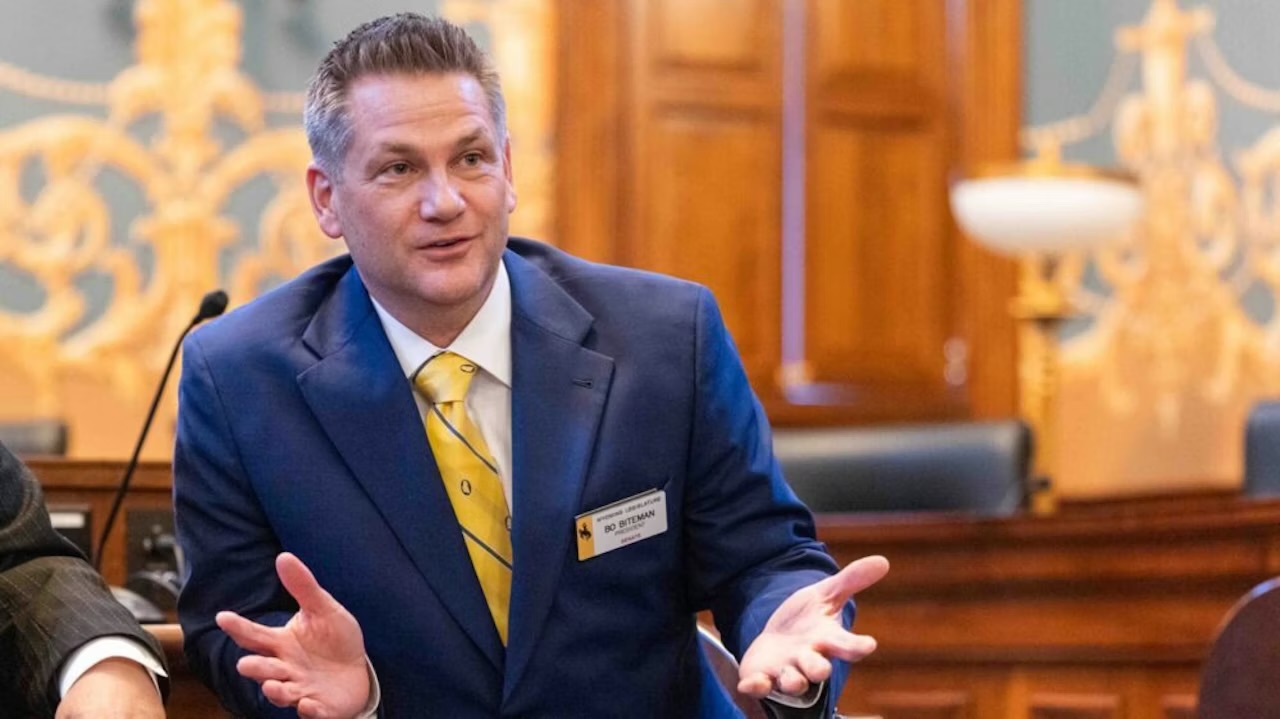Charter jet’s waiting, nerves are fraying: Korean workers from Georgia raid still can’t fly home

A Korean Air 747 touched down in Atlanta on Wednesday to ferry hundreds of South Korean nationals home after last week’s massive immigration raid at a Hyundai–LG battery site near Savannah. The plane’s ready. The workers aren’t—at least not yet.
Despite a hastily arranged Washington meeting between Secretary of State Marco Rubio and South Korean Foreign Minister Cho Hyun, there’s still no firm go-time for departures. Seoul’s Foreign Ministry says it’s negotiating “voluntary” exits—so workers avoid decade-long re-entry bans—but cites unspecified US holdups for why the jet couldn’t turn around the same day.
What happened in Ellabell
- The raid: Immigration and Homeland Security agents swept the Hyundai–LG Energy Solution construction site in Ellabell, Georgia, detaining 475 people in what authorities called the largest single-site enforcement operation in the agency’s history.
- Who was held: More than 300 were South Korean nationals, many described by lawyers as engineers or installers brought in for equipment setup and after-sales service.
- Where they are now: Detainees were processed and held at ICE’s Folkston center in southeast Georgia—about a 285-mile trek from Atlanta. Buses ringed the facility Wednesday morning as diplomats and attorneys cycled through.
Video released by ICE showed some workers shackled at the wrists and ankles and loaded into vans—images that triggered small protests outside the US Embassy in Seoul and a surge of anger on Korean social media.
Seoul says it’s in constant talks with US officials to let the charter flight take home released workers as soon as possible. After meeting at the White House, Rubio and Cho issued upbeat language about the US–ROK alliance—but no specifics on the arrests.
On the ground in Georgia, Cho Ki-joong, the embassy’s consul general, told Korean media “things are going smoothly,” while acknowledging paperwork still needs to be done. South Korea’s immediate ask: treat departures as voluntary, not deportations.
US officials say those detained were “unlawfully working.” Defense attorneys push back. Charles Kuck, an Atlanta immigration lawyer representing several detainees, says the “vast majority” were performing tasks permitted under B-1 business visitor rules—short-term stints where workers remain on overseas payrolls.
Immigration experts note B-1s can cover supervising construction and, if contracts spell it out, installing specialized equipment—but not performing core construction labor. Some South Koreans may also have entered under ESTA, the 90-day visa waiver that confers B-1-like status for legitimate business trips. Sorting those lines, lawyers say, is precisely why mass raids create chaos.
In Pooler, a fast-growing Savannah suburb feeding the EV plant, the raid landed hard. New subdivisions, mid-rise apartments and a blossoming slate of Korean restaurants and Asian groceries have sprung up around the project.
- “People are very upset,” said Ruby Gould, who leads the Korean American Association of Greater Savannah.
“There’s fear about visas after what they just saw.”
- Pastor Robin Kim, who recently left the Army chaplain corps to start a church in Pooler, says the community’s gone quiet.
“Folks feel watched and judged. They’re scared. They don’t want trouble.”
South Korea has pledged massive investment in US manufacturing, and the Ellabell plant is a marquee example. But the White House is walking a line. Press Secretary Karoline Leavitt said President Donald Trump understands companies want niche talent on site—and expects foreign firms to hire American.
In Georgia, ICE says the operation is part of a criminal probe into unlawful employment practices; agents executed a judicial warrant for records and immigration documents and were seeking four individuals. No charges have been filed so far.
The numbers behind the delay
- Detained: 475 total, 300+ from South Korea.
- Employment links: 47 worked for LG Energy Solution; Hyundai says none were its direct employees (most were subcontractor hires).
- Still inside: Advocates say about 175 non-Korean detainees—from Guatemala, Colombia, Chile, Mexico, Ecuador, Venezuela and Japan—remain in custody.
- Exit path: Most South Koreans have reportedly agreed to voluntary departure, which avoids a formal removal order.
The charter jet is on the ground. The paperwork isn’t. Until the US signs off, the workers stay put in Folkston and the Korean community around Savannah stays on edge—caught between a booming EV build-out that needs specialized skills and an enforcement climate that’s getting tougher by the day.
AP, NBC News, and the New York Times contributed to this report.









The latest news in your social feeds
Subscribe to our social media platforms to stay tuned